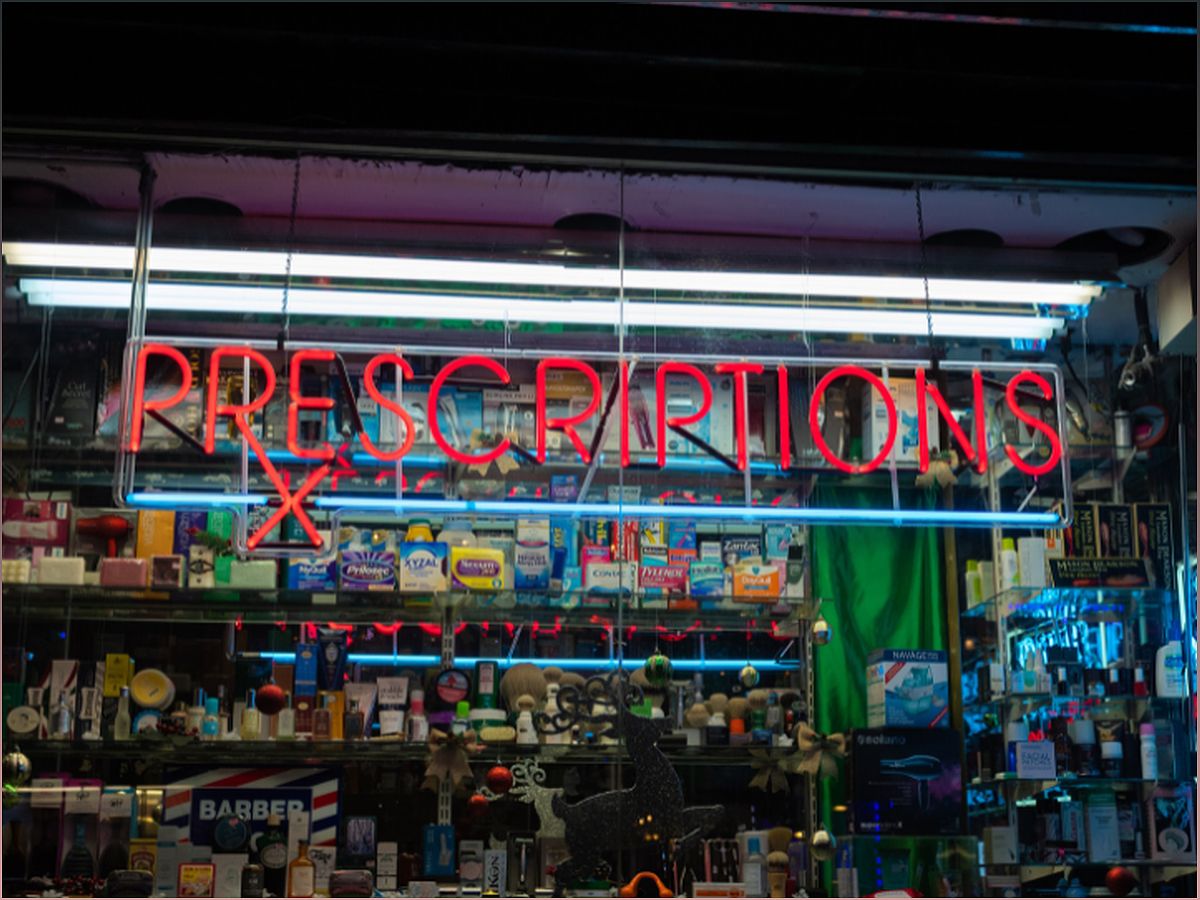The Impact of Pharmacy Closures on Underserved Communities
Pharmacies are closing at an alarming rate across the United States, leaving medically underserved communities without crucial healthcare services. A recent study highlights the disproportionate impact of these closures on underserved neighborhoods, exacerbating existing health disparities. Join us as we explore the need for targeted solutions to ensure equitable access to healthcare for all individuals, regardless of their means. Discover the consequences of pharmacy deserts and the collaborative efforts needed to bridge the gap in pharmacy access. Together, we can work towards a future where everyone has access to the healthcare they deserve.
The Disproportionate Impact on Underserved Neighborhoods
Pharmacy closures have a detrimental impact on medically underserved neighborhoods, exacerbating existing health disparities. These closures often affect minority communities facing socioeconomic challenges, creating what is known as pharmacy deserts. Similar to food deserts, pharmacy deserts are low-income urban areas where residents have limited access to a pharmacy within a reasonable distance.

For example, in Houston’s Third Ward neighborhood, the nearest pharmacy is two miles away, while more affluent nearby neighborhoods have multiple pharmacies within a mile. This increased distance to pharmacies can have severe consequences, especially for individuals with chronic conditions who rely on regular access to medication.
To address this issue, collaborative efforts from policymakers, healthcare providers, and community stakeholders are crucial. By recognizing the disproportionate impact of pharmacy closures on underserved neighborhoods, we can work towards implementing targeted solutions to ensure equitable access to healthcare for all individuals.
The Role of Pharmacies in Communities
Pharmacies are more than just places to pick up medication. They serve as essential healthcare hubs, offering a range of services that go beyond dispensing prescriptions. Pharmacies provide immunizations, medical education, and valuable advice to individuals seeking guidance on their health and well-being.
However, the closure of pharmacies not only limits access to medication but also deprives communities of these additional services. This can have a significant impact on individuals who rely on pharmacies for important healthcare resources and information.
Recognizing the vital role that pharmacies play in communities is essential for understanding the implications of their closures. By supporting and advocating for the presence of pharmacies in underserved areas, we can ensure that all individuals have access to the comprehensive healthcare services they need.
Addressing the Issue of Pharmacy Deserts
Pharmacy deserts are a growing concern in communities that need accessible healthcare services the most. To address this issue, it is crucial to improve partnerships between healthcare and prescription providers. By working together, we can identify patients with limited access and find ways to ensure they receive the medications they need.
Expanding Pharmacy Presence:
Community leaders can play a vital role in advocating for pharmacy expansion. They can apply for government funding to establish pharmacies in existing spaces such as churches and community centers. This would bring healthcare services closer to underserved neighborhoods, reducing the impact of pharmacy deserts.
Innovative Solutions:
Additionally, innovative solutions can help bridge the gap in pharmacy access. For example, hospitals can partner with services like UberHealth to deliver medications and transport patients to appointments. These creative approaches can ensure that individuals in underserved communities have the means to access the healthcare they deserve.
By implementing these targeted solutions and fostering collaboration among various stakeholders, we can work towards eliminating pharmacy deserts and ensuring equitable access to healthcare for all individuals.
